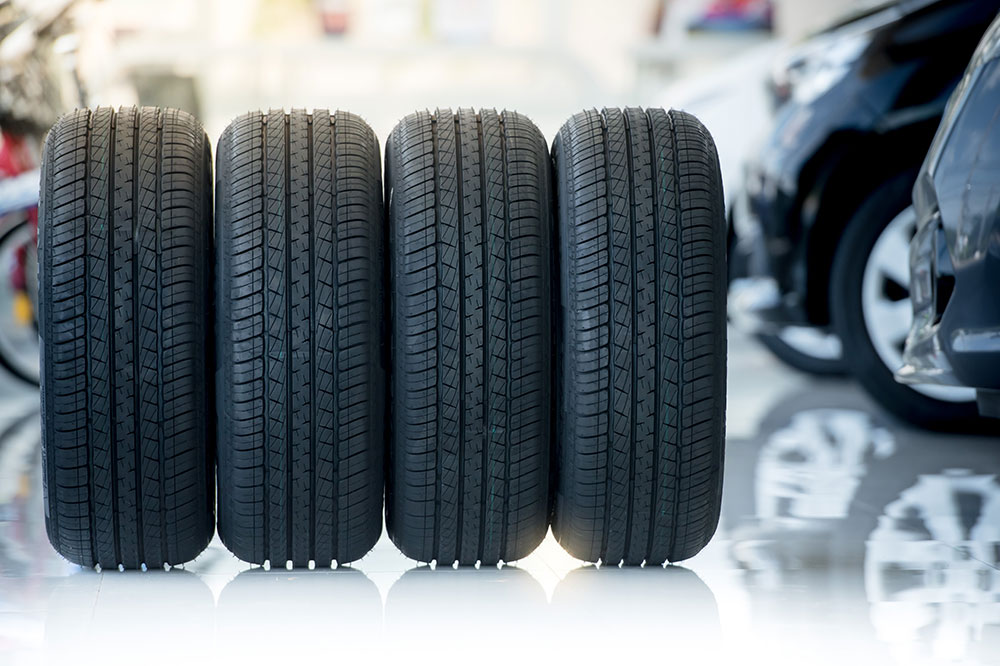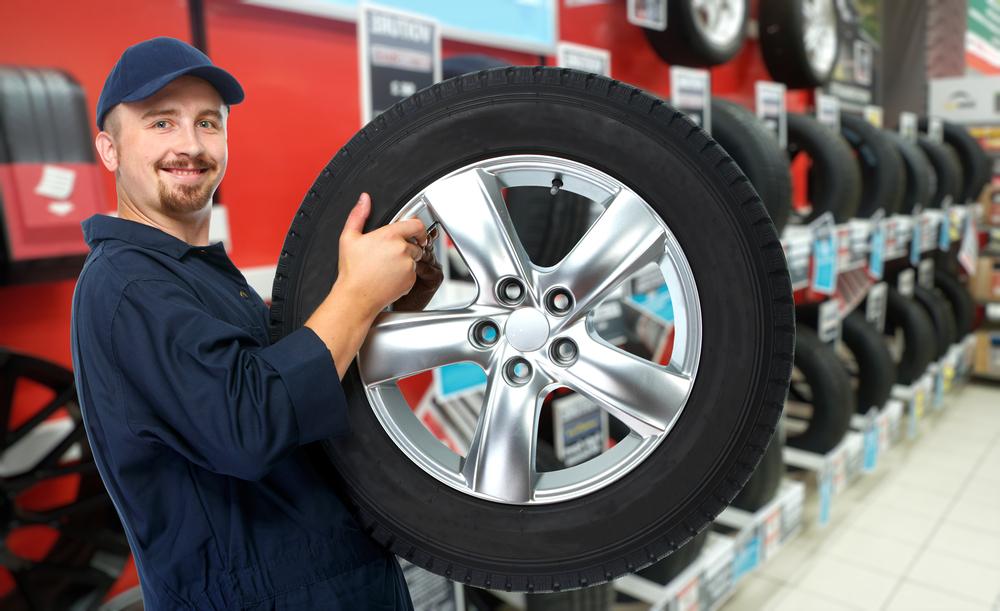Comprehensive Guide to Choosing the Perfect New Tires for Your Vehicle
Discover a detailed guide on choosing the ideal tires for your vehicle, considering climate, terrain, and driving habits. Learn about top brands, tire types, and maintenance tips to ensure safety, performance, and longevity. Make informed decisions for a smoother, safer driving experience tailored to your environment.

Comprehensive Guide to Choosing the Perfect New Tires for Your Vehicle
Selecting the appropriate tires for your vehicle is a critical decision that directly impacts safety, performance, and fuel efficiency. Tires are more than just road contact points; they are essential components that support the vehicle's weight, provide traction in various weather conditions, and absorb shocks from uneven surfaces. Making an informed choice involves understanding several key factors that influence tire performance and suitability for your driving environment. In this article, we will delve into detailed considerations and practical tips to help you choose the best tires that meet your needs and ensure a safe driving experience.
Understanding Your Local Climate and Weather Conditions
One of the foremost factors in selecting the right tires is assessing the climate of your area. Weather patterns including rainfall, snowfall, temperatures, and ice conditions shape the type of tires that will perform best. For instance, regions characterized by warm temperatures and dry roads are well-suited for all-season or summer tires that excel in providing grip and stability during the warmer months. Conversely, areas with harsh winters, significant snowfall, or icy conditions necessitate the use of specialized winter tires. These tires feature unique rubber compounds and tread designs that maintain flexibility at low temperatures and offer enhanced traction on snow and ice. It’s important to consider seasonal tire changes if you live in a zone with marked weather fluctuations, as switching between summer and winter tires can significantly improve safety and driving comfort.
Additionally, temperature fluctuations influence tire pressure and performance. Cooler weather tends to reduce tire pressure, which can affect grip and the lifespan of the tires. Regularly checking and maintaining proper tire pressure aligned with seasonal changes ensures optimal contact with the road and prevents uneven wear. Many modern tires are designed with temperature-resilient rubber compounds, but understanding your local climate remains vital for selecting tires that can withstand environmental challenges without compromising safety or longevity.
Road Conditions and Terrain Influences Tire Selection
Analyzing the terrain where you predominantly drive is another crucial step in choosing the right tires. Urban drivers facing city streets, highways, and well-maintained roads require tires that emphasize comfort, efficiency, and durability. These tires often feature smooth tread patterns designed for minimal rolling resistance, lower noise levels, and improved fuel economy. On the other hand, off-road drivers or those frequently navigating rough terrains such as gravel, mud, or rocky trails should look for tires with aggressive tread patterns, reinforced sidewalls, and rugged rubber compounds that provide better grip, puncture resistance, and stability on challenging surfaces.
For mixed-use driving, versatility becomes essential. Selecting all-terrain or highway-terrain tires can offer a balanced performance across different conditions. Additionally, if your area experiences frequent adverse weather, premium tires engineered for complex terrains or wet conditions can prevent skidding and hydroplaning, thereby ensuring safety and vehicle control.
Consider also the impact of terrain on tire maintenance and wear. Rough terrains accelerate tire wear and may require more frequent inspections to prevent unexpected failures. Investing in high-quality tires specifically designed for your typical driving environment can extend their lifespan and reduce long-term costs.
Moreover, the type of vehicle plays a significant role in tire choice. SUVs, trucks, sedans, and sports cars each have specific tire requirements aligned with their weight, speed capabilities, and handling characteristics. Consulting vehicle manufacturer guidelines and consulting with tire specialists can help in selecting tires tailored for your particular vehicle and usage pattern.
Assessing Driving Habits and Performance Needs
Understanding your daily driving habits and performance priorities is fundamental to selecting tires that match your needs. For example, if you frequently engage in city driving with frequent stops and starts, your focus should be on tires that offer excellent braking performance, durability, and comfort. Tires with low rolling resistance can help in reducing fuel consumption, which is beneficial for drivers aiming for cost savings over time.
For those prioritizing safety, selecting tires with superior grip and shorter braking distances in wet and dry conditions is critical. High-performance tires designed for sportscars often come with specialized tread patterns and rubber compounds that enhance handling at higher speeds, providing confident cornering and stability. For everyday commuting, all-season tires with dependable traction and long tread life may be the most practical choice.
Additionally, weight considerations, load capacity, and driving style—such as aggressive acceleration or high-speed driving—must influence your tire selection. Be sure to choose tires rated for the maximum load your vehicle will carry, and consult with professionals if you drive under demanding conditions like towing or off-road excursions.
Engineered for varied driving requirements, leading tire brands provide a spectrum of options catering to different needs. Some notable brands include:
Bridgestone: Recognized globally for its high-quality, all-season, and performance tires suitable for various vehicles, including trucks and sports cars.
Michelin: Known for durability, precision engineering, and high performance, Michelin tires are often considered top-tier choices for safety and comfort.
Continental: An environmentally conscious manufacturer that produces high-grip tires perfect for complex terrains and adverse weather, emphasizing safety and sustainability.
Cooper Tires: Offering budget-friendly options without compromising reliability, Cooper provides a broad range of tires with excellent tread warranties suitable for everyday drivers.
To enhance your vehicle’s performance, longevity, and safety, research and select tires that align with your driving patterns and expectations. Regular maintenance, including rotation, alignment, and pressure checks, complements your choice and maximizes the benefits of your new tires.In conclusion, selecting the right tires involves a comprehensive assessment of your driving environment, terrain, climate, and personal driving habits. Investing in quality tires tailored to your specific needs not only improves vehicle performance and safety but also saves money in the long run by extending tire life and reducing maintenance costs. Remember to consult with tire specialists and adhere to manufacturer recommendations for optimal results.





